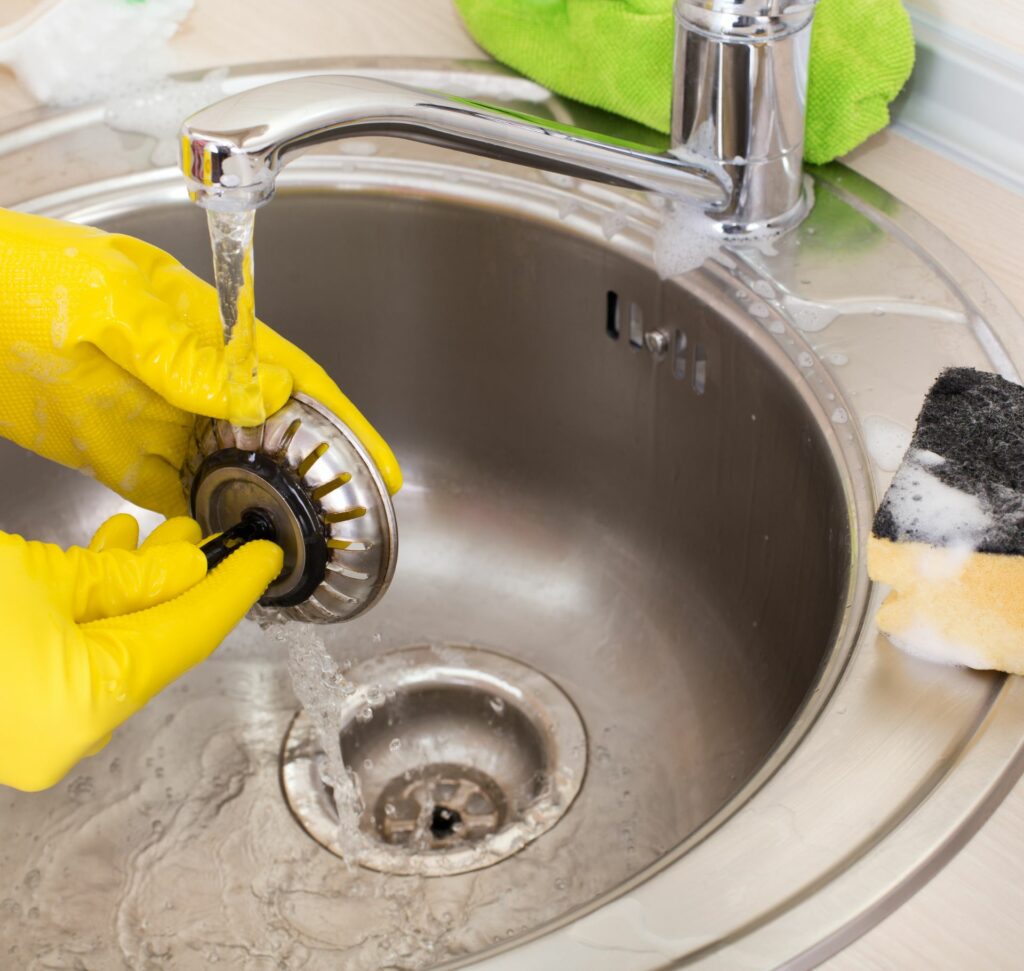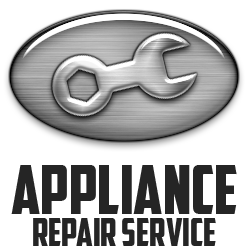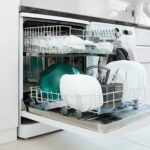Thanks to your dishwasher, you no longer have to toil the night away cleaning individual dishes, whether you’re eating by yourself or hosting a lavish feast. The time it will take to return your kitchen to cleanliness will be cut in half because of this appliance. Unfortunately, even dishwashers are subject to problems. From refusing to start to leaking or overflowing, your routine could be disrupted by any number of dishwasher problems. Luckily, this blog is here to guide you through troubleshooting dishwasher problems in Houston.
Troubleshooting Dishwasher Problems In Houston: 6 Tips
Troubleshooting dishwasher problems in Houston can be easy with these six tips. Keep reading so you can easily solve any dishwasher problems the next time they arise:
1. Check The Power Supply
If your dishwasher isn’t turning on, the first thing to do when troubleshooting dishwasher problems in Houston is to check the power supply. First, see that your dishwasher is plugged into a power outlet. If it’s plugged in, check to see if the circuit breaker is on, as it may have tripped.
2. Reset The Dishwasher
If your dishwasher still doesn’t work, you might need to reset it. Most dishwashers can be easily reset by turning them off and on again. Other dishwashers, however, might have more specific requirements depending on the brand, make, and model. In this case, you should consult the user manual for specific instructions on how to reset this appliance.
3. Clean The Kitchen Sink And Unclog The Drain
What if your dishwasher isn’t draining, leaving you to deal with overflowing water in your dishwasher? The good news is that this is one of the easier issues to resolve when troubleshooting dishwasher problems in Houston. The kitchen sink and dishwasher share a drain, so the first thing you want to do is clean the kitchen sink. Once the kitchen sink is cleaned, you will need to see if the drain pipe requires unclogging or straightening. Hopefully, you will no longer have a dishwasher at risk of overflowing.

4. Inspect And Clean The Dishwasher Drain Filter
A problematic dishwasher drain filter, located at the appliance’s basin, is another possible source of an overflowing dishwasher. This filter is meant to trap large food particles, so it can easily start to clog over time if left unattended. For this reason, it’s important to periodically clean the dishwasher drain filter. Start with removing larger chunks of food particles, then unscrew the filter cage so you can wash out the smaller particles.
5. Evaluate The Dishwasher Door Seal
Is your dishwasher leaking? Many issues might be causing this, but one might just be a dirty dishwasher door seal. You will need to evaluate the state of the seal for grime or kinks, remove it, and then clean it thoroughly.
6. Reposition Loaded Items
Finally, your dishwasher might be leaking due to the loaded items obstructing the door. In this case, you will need to unload and reload the dishes and utensils. You specifically want to avoid putting large flatware on the bottom rack near the front, as those are probably causing the obstruction.
Are You Still Dealing With These Dishwasher Problems? Call Our Best Appliance Repair Service Team Today!
We hope that these six tips will make troubleshooting dishwasher problems in Houston easier. However, we understand if these tips don’t solve your dishwasher’s issue. If your problems persist, it’s time to call an appliance repair technician for help. If you’re wondering which service in Houston is the best, you can skip the search by reaching out to our team at Best Appliance Repair Service. Contact us today for our state-of-the-art appliance repair and replacement services.

